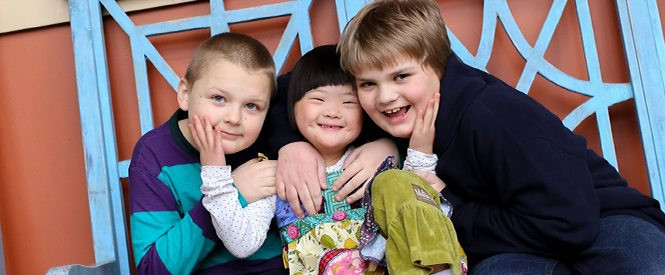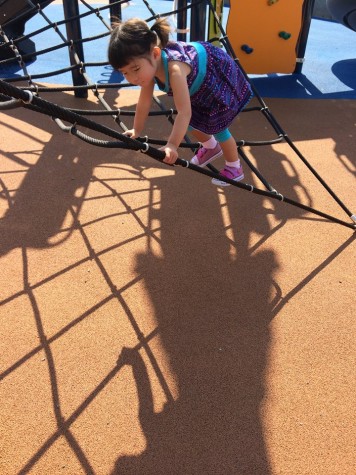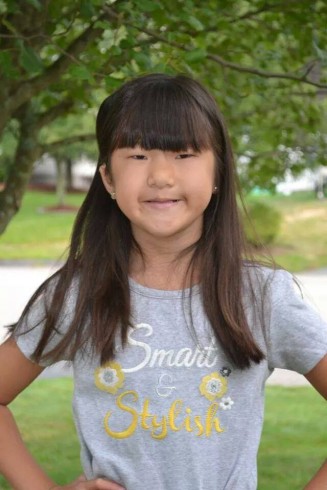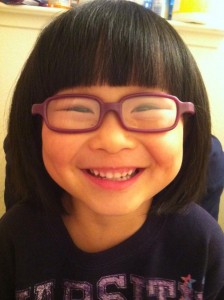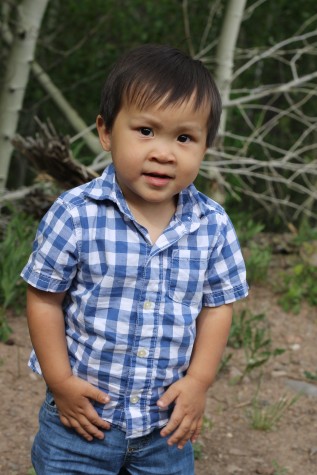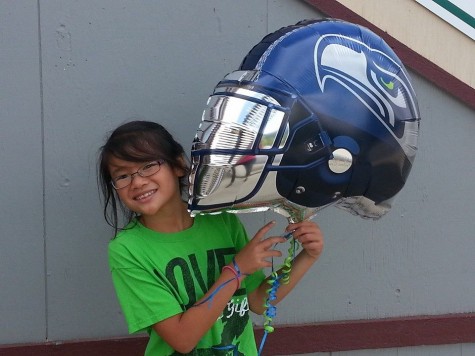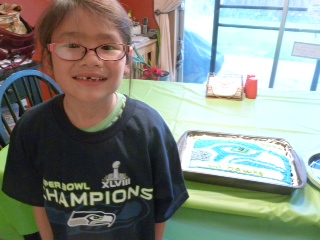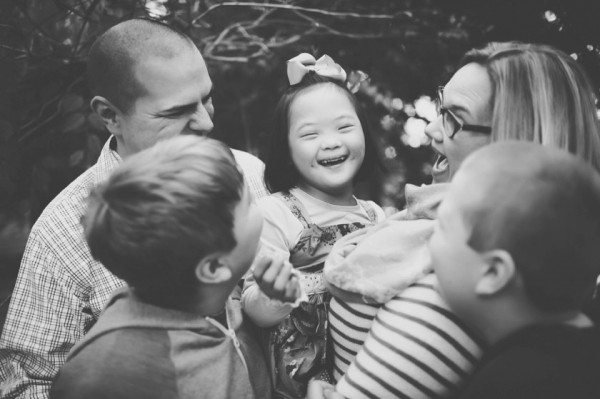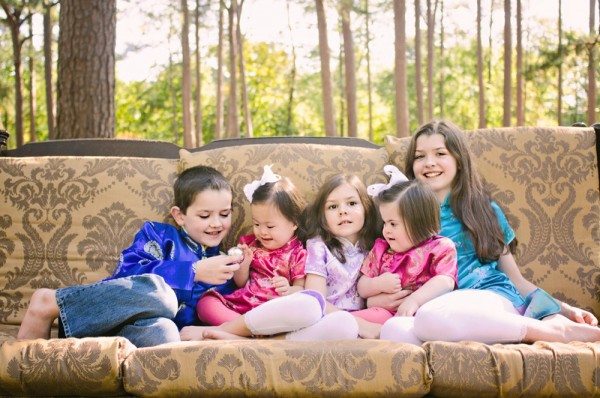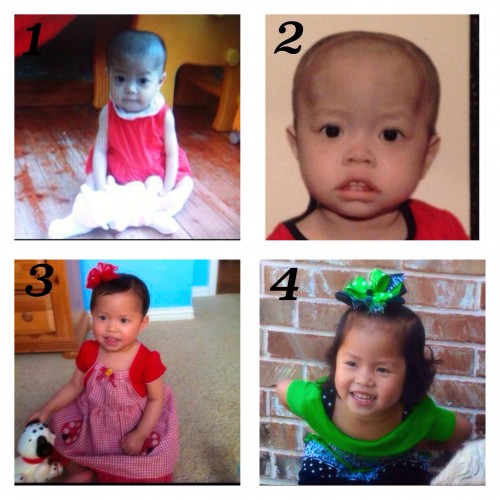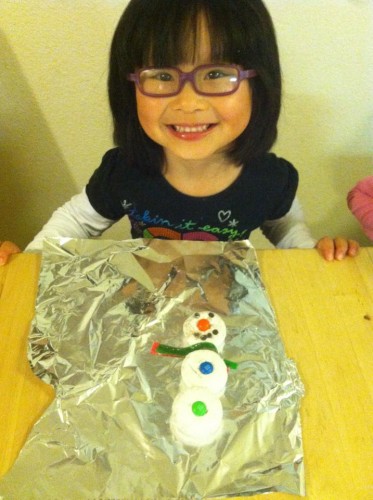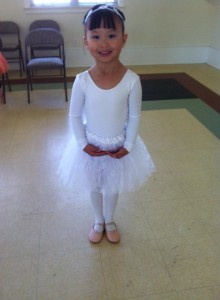Visit these blogs to read about families who have adopted a child with 22q11.2 Deletion Syndrome:
Let the Journey Begin
Madison
Ohana Means Family
The name of this special need can be a mouthful and commonly shortened to just 22q-ts. Typically children and adults with the 22q11.2 deletion do quite well both medically, as members of a family and within their communities at large. Many are married, have children, hold jobs and live a “normal” life.
This is the most common multiple anomaly disorder in humans that is caused by a microdeletion of DNA. It is known by a number of names, including, Velo Cardio Facial Syndrome, DiGeorge syndrome, conotruncal anomalies face syndrome, Sedlačková syndrome, and more recently, 22q11.2 deletion syndrome. Nearly 200 distinct anomalies and disorders are associated with 22q. Although 1 in every 2000 people in the U.S. has 22q, this is still considered to be a rare disease and underdiagnosed.
The 22q11.2 deletion syndrome is caused by a missing section (microdeletion) of chromosome 22 which is present from the time a child is conceived. Present in 1 out of every 2,000-4,000 live births, in 1 in 68 children with congenital heart disease, and in 5 to 8 percent of children born with cleft palate, the 22q11.2 deletion is almost as common as Down syndrome, a widely recognized chromosomal disorder. No two people are ever exactly alike, even when they have the same syndrome, and not every person with the deletion is affected in the same way. Though not always present, the key characteristics of this syndrome include combinations and varying degrees of:
• heart defects
• palate differences
• feeding and gastrointestinal difficulties
• immune system deficits
• growth delay
• kidney problems
• hearing loss
• low calcium and other endocrine issues
• cognitive, developmental and speech delays
• behavioral, emotional, and psychiatric differences (ADHD, autism, anxiety, etc.)
Every child born with 22q presents a unique set of the possible 180 symptoms and rarely (if ever), does 22q simply present with only one isolated issue. But rather, each child manifests 22q in a multiple ways that are unique to them. Many times, this scattered collection of issues impedes the proper diagnosis for years. Due in large part to the fact that geneticists, cardiologists, and ENT’s have only recently begun to recognize just how often these common issues can be directly attributed to this partial deletion of the 22nd chromosome. The syndrome presents in a spectrum and some people are highly affected and experience many symptoms and many other may exhibit very few and may actually go undiagnosed lifelong or until they have a child who has the syndrome which caused them to be tested (Source).
Resources:
Dempster Family Foundation
International 22q11.2 Foundation
Upstate Medical University
UC Davis MIND Institute
22q11.2 Deletion Syndrome
Support for Disorders of Chromosome 22
Educational Issues for Children with 22q11.2 Deletion
The Virtual Center for VCFS
Some advice from a 22q-t mom:
“It was not discovered until the 1960’s so its research history is short. Be wary scientist studies posted online quoting statistics. Without a medical professional to help explain the results it can be scary and overwhelming to read. Studies on patients who were diagnosed because they showed symptoms leave out an entire population of people that have 22q that have gone undiagnosed because they show so few symptoms. It seems like that may skew the numbers a bit? I advise anyone with a child with 22q-t to seek out a specialized clinic or genetic counselor as soon as possible. Many pediatricians are not experts in this area and the specialty clinics will help guide you. 22q Clinics: See Children’s hospitals and Universities in Seattle, Atlanta, Cincinnati, Oregon, Chicago, Illinois (Advocate), Chicago (Lurie), Colorado, Columbus Ohio, Minnesota, Philadelphia (CHOP) , Pennsylvania (Geisinger’s), Massachusetts General, North Carolina, California and Wisconsin. The best advice other 22q-t families can give you is take it one day at a time, one symptom at a time, one doctor appointment at a time. Don’t get overwhelmed with the “what if” and the future or you just might miss out on how amazing your child is right now! Touch base with other families. There is a private Facebook group open to families who have adopted a child with 22q-ts. Please contact Stephanie Rossi to join.”
Read blog posts about 22q11.2 Deletion Syndrome on No Hands But Ours.


